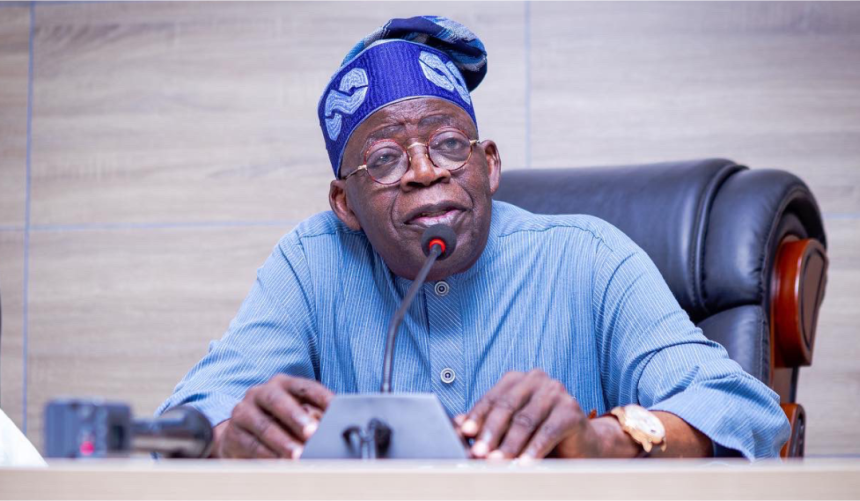President Bola Ahmed Tinubu has officially launched the construction of the ambitious 465-kilometre Calabar-Ebonyi-Benue-Nasarawa-Abuja Superhighway — a project poised to boost economic connectivity across multiple states and reshape travel in Nigeria’s eastern and central corridors.
The flag-off ceremony took place on Wednesday at Amuro Primary School in Afikpo, Ebonyi State. Representing the President at the event was Ebonyi State Governor Francis Nwifuru, who conveyed Tinubu’s appreciation to the people of the South-East for their consistent support and urged continued unity and cooperation.
The President, through Nwifuru, pledged that the superhighway would not only be delivered on time but would also meet the highest quality standards as outlined in its design.
Speaking to the significance of the development, Governor Nwifuru emphasized that the project marked a major turning point for the region.
“This initiative reflects the President’s commitment to using infrastructure as a key driver of national development,” he said. “It is a powerful statement that every part of this country matters.”
He noted the transformative potential of the highway, particularly for landlocked states like Ebonyi, whose agricultural and mineral wealth have long been constrained by limited access to wider markets.
“With this superhighway, we are breaking out of that isolation,” Nwifuru declared. “It’s a game-changer. It opens up new opportunities—lower transport costs, faster market access, increased employment, and safer travel for students and workers alike.”

He described the project not just as a construction effort, but as “a symbol of inclusion and renewed national integration.”
Minister of Works, David Umahi, also addressed the crowd, describing President Tinubu as a unifying leader committed to equitable development across all regions of Nigeria.
“President Tinubu doesn’t play politics with development,” Umahi said. “His projects don’t stop at party lines or regional divides. What we’re seeing is a clear message that every part of this country matters.”
Umahi added that the road project is one of several key legacy initiatives under the Tinubu administration and promised that it would be completed within the scheduled timeline. He called on local communities to offer their full support to ensure smooth execution.
He also reflected on the region’s long-standing lack of federal investment, noting, “As a former governor, I can say with certainty that Ebonyi has never received this level of attention. President Tinubu is changing that narrative.”
For many in the region, the superhighway represents more than just a stretch of asphalt—it signals a renewed connection to the rest of the country and a leap toward the kind of economic growth that has long seemed just out of reach.



